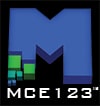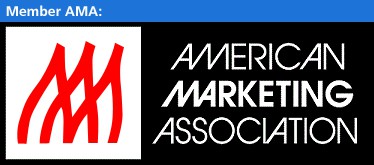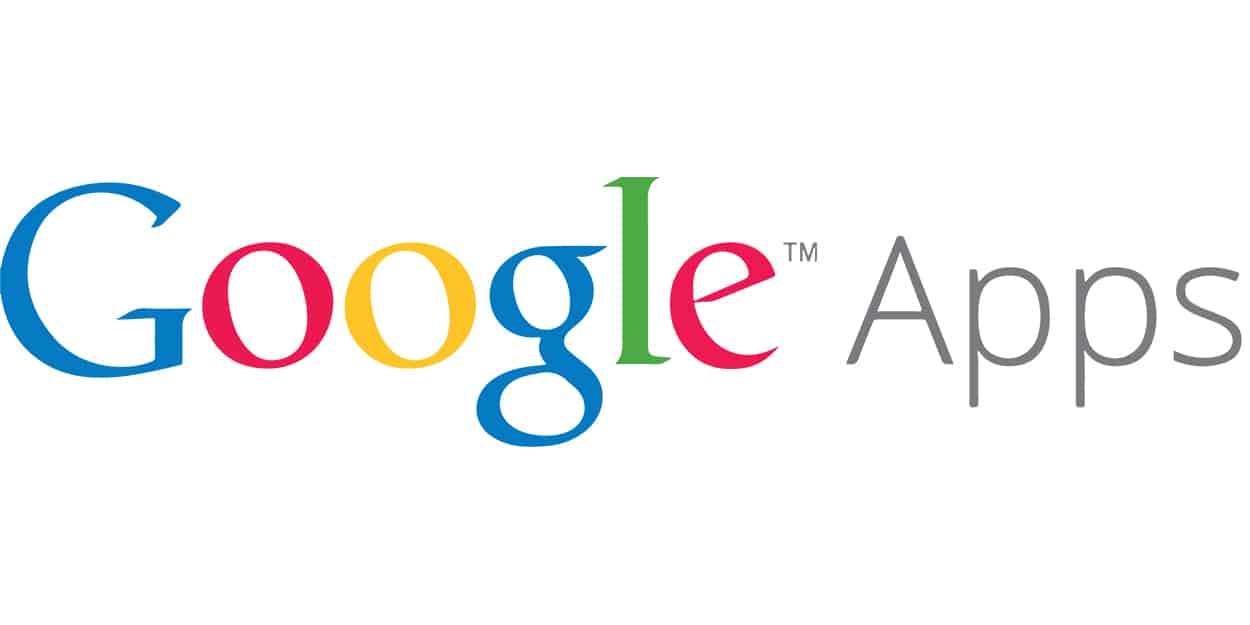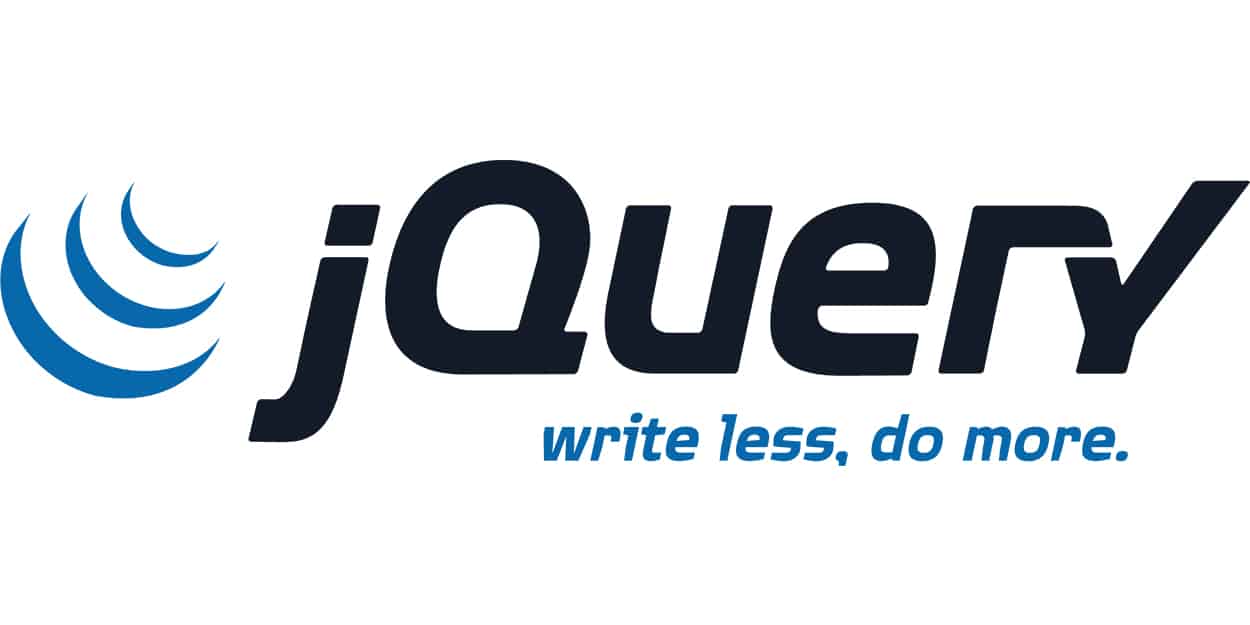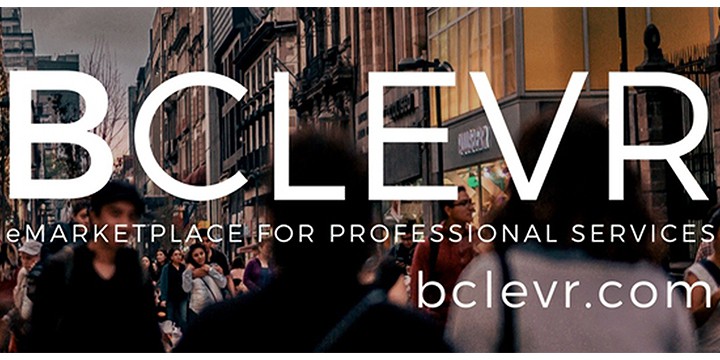 Creating unique and engaging content is hard work. That’s especially true if you’re hoping to find something that’s related to your business – something that helps your brand shine. Investing in a quality copywriter can make the process much easier. In fact, a good copywriter can help your business thrive. There are a few things you should understand about copywriting in general, however, before you hire someone to help your brand shine.
Creating unique and engaging content is hard work. That’s especially true if you’re hoping to find something that’s related to your business – something that helps your brand shine. Investing in a quality copywriter can make the process much easier. In fact, a good copywriter can help your business thrive. There are a few things you should understand about copywriting in general, however, before you hire someone to help your brand shine.
What is copywriting?
To put it simply, copywriting is the writing, typing, and editing of intellectual property works for hire prepared for the client. In more practical terms, copywriting is the act of creating or editing content designed for your use. You’ll often see copywriting services advertised in conjunction with other offerings, including:
- Marketing Materials Production
- Responsive Website Design and Development
- Inbound & Content Marketing
It is not unusual to hire a copywriter to create the text for your website or blog, for example, along with website creation or marketing strategy services. Depending upon the specific content you have created, there are a few different things to keep in mind. The text and typeface that is produced for you is owned by you at the time of production according to U.S. Copyright law. Note that this is only true as long as you, the client, pay the fees associated with the contract that was created regarding the work in question.
If you don’t pay the fees associated with the client works, then the content belongs to the marketing agency or individual(s) that produced the works on their own time. Let’s take a closer look at copyright law.
How does copyright law work for copywriting?
Copyright law clearly states that original client content created by a contractor (who is under contract) for the client are the property of the client who hired the individual(s) or company to prepare the writings. Under no circumstances can copyrighted content be copied and published on someone else's website, under penalty of civil tort. This gives the owner – you – the ownership rights over the content that has been created for them.
You get to say where your content is used once it’s created, in other words, and that includes allowing the copywriter to include the content in their portfolio. Unless these rights are given to others willingly, the content cannot be copied or referenced by others saying it is their original work. That means that once you have paid for copywriting and have received the content created for you, that content is legally yours. Unless otherwise specified in the contract, the original creator does not have any right over the content and cannot use the content anywhere else.
There are two types of copyrights to keep in mind when it comes to copywriting - intellectual property, and industrial property.
- Intellectual property is concerned with content types such as text and images that are placed on a website.
- Industrial property is concerned with the development of industrial processes or technological inventions that have yet to be patented.
MCE123 specializes in the production of both of these types of copyrighted materials, both internally for our own research and development, and for our clients.
If you’re in the process of designing (or redesigning) your website or promotional material, the experts at MCE123 can help. We understand that this can be an overwhelming time, but we’re confident that we create the quality content you need to grow your business. Don’t let the question of copyright keep you from investing in a quality copywriter – it’s a fairly straightforward process.
